Black Friday is more than just an environmental concern. It encourages people to spend money they don't have on things they don't need, and it fuels mindless consumerism.
Casey ChanBlack Friday: The Human Cost of Fashion | Casey Chan
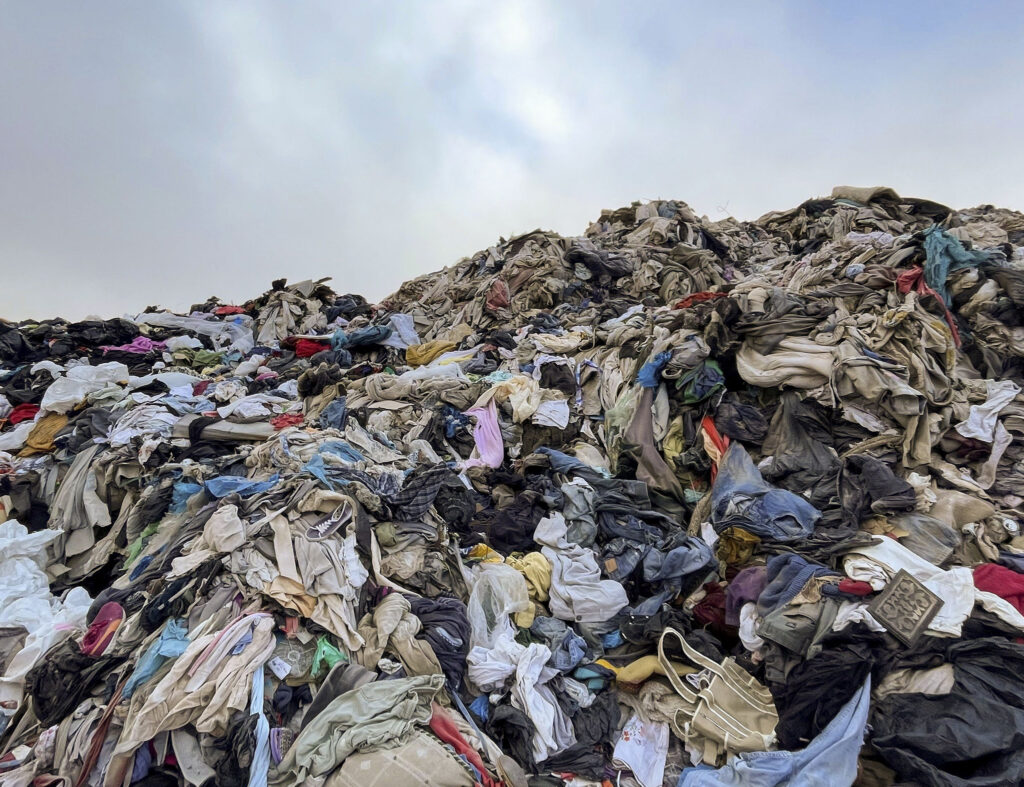
The term “Black Friday” was first used to refer to a financial crisis, specifically the crash of the US gold market on September 24, 1869, rather than to post-Thanksgiving holiday shopping. Jay Gould and Jim Fisk, two notoriously ruthless Wall Street financiers, collaborated to buy up as much gold as they could, hoping to drive the price sky-high and sell it for enormous profits.
However, the true history of Black Friday is during the 1950s, police in Philadelphia used the term to describe the chaos that ensued on the day after Thanksgiving when hordes of suburban shoppers and tourists flooded into the city in anticipation of the annual Army-Navy football game. Not only were Philadelphian cops unable to take the day off, but they were also required to work extra-long shifts to deal with the increased crowds and traffic. Shoplifters took advantage of the chaos in stores and stole merchandise, adding to law enforcement’s headache.
By 1961, “Black Friday” had become so popular in Philadelphia that merchants and boosters tried unsuccessfully to change it to “Big Friday” to remove the negative connotations. However, the term did not spread to the rest of the country until much later, and it was not widely used in the United States until 1985. Yet, sometime in the late 1980s, retailers discovered a way to reinvent Black Friday and make it reflect positively, rather than negatively, on them and their customers. The result was the previously mentioned “red to black” holiday concept, as well as the notion that the day after Thanksgiving marked the occasion. (History Channel)
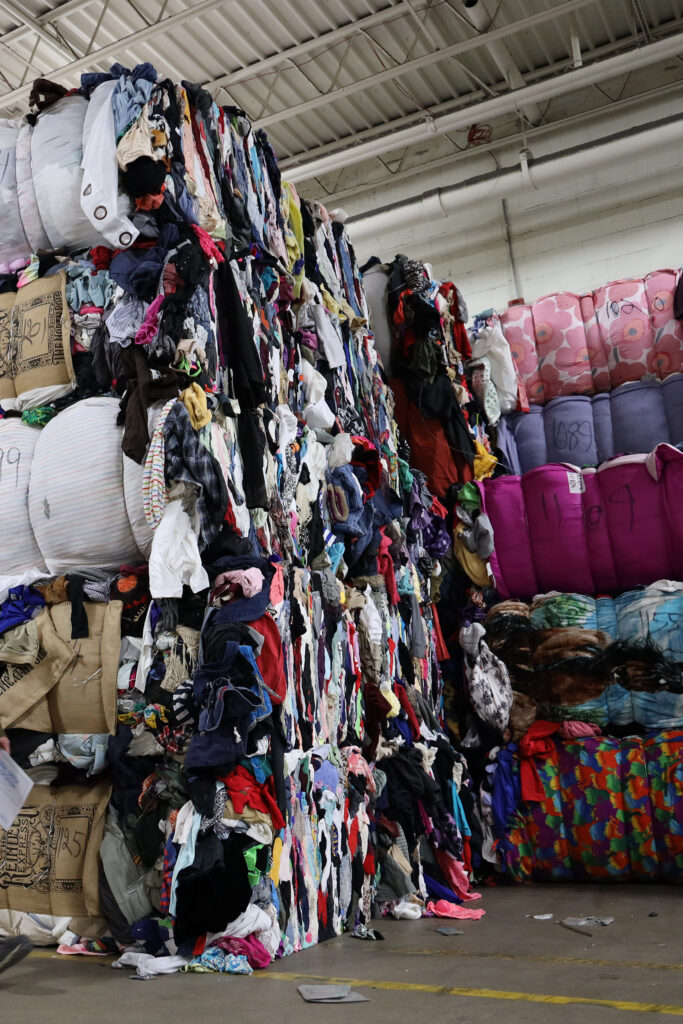
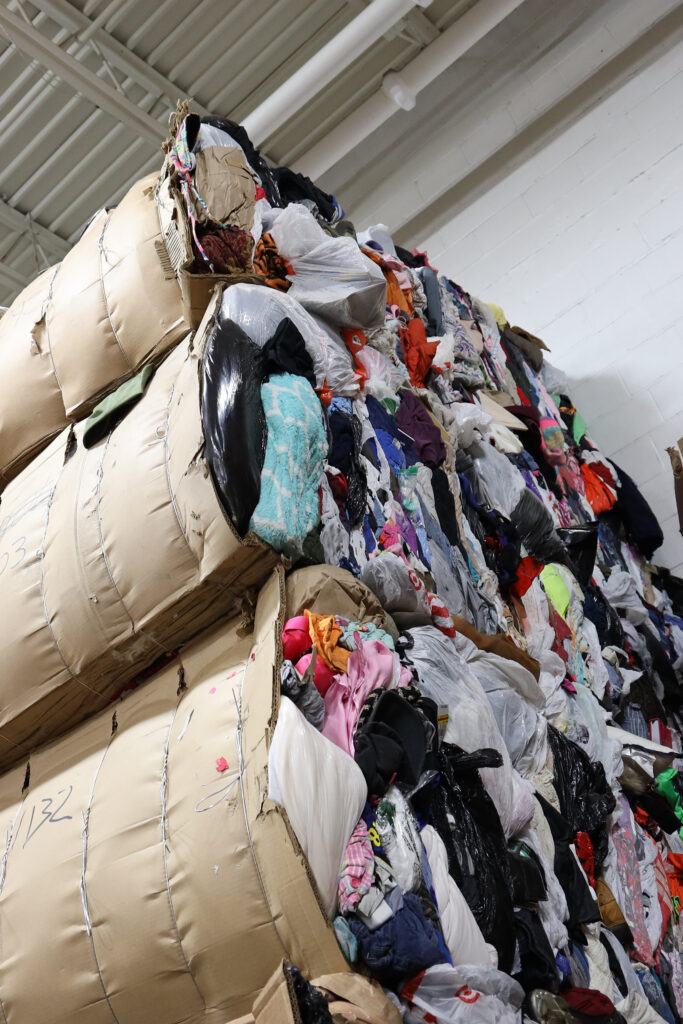
The fashion industry, particularly fast fashion, is already polluting and exploitative. Black Friday exacerbates the problem by encouraging more people to spend their hard-earned money on those tempting deals. More global consumer spending means more products being manufactured and shipped globally, so it’s no surprise that the carbon footprint of Black Friday has increased accordingly.
According to Euronews Green, Black Friday 2021 in the UK alone was expected to emit 386,243 tonnes of greenhouse gas emissions. As reported by the Guardian, a diesel truck left an Amazon fulfillment center every 93 seconds in 2017. Transportation has a significant environmental impact in this area as well. Shipping is estimated to account for 3-4% of all human-caused carbon emissions. According to a European Parliament report, the figure could rise to 17% by 2050. (Euronews).
This year’s shopping spree will result in 429,000 metric tonnes of greenhouse gas emissions from product deliveries alone which is the equivalent of 435 round-trip flights from London to New York.
(Forbes)
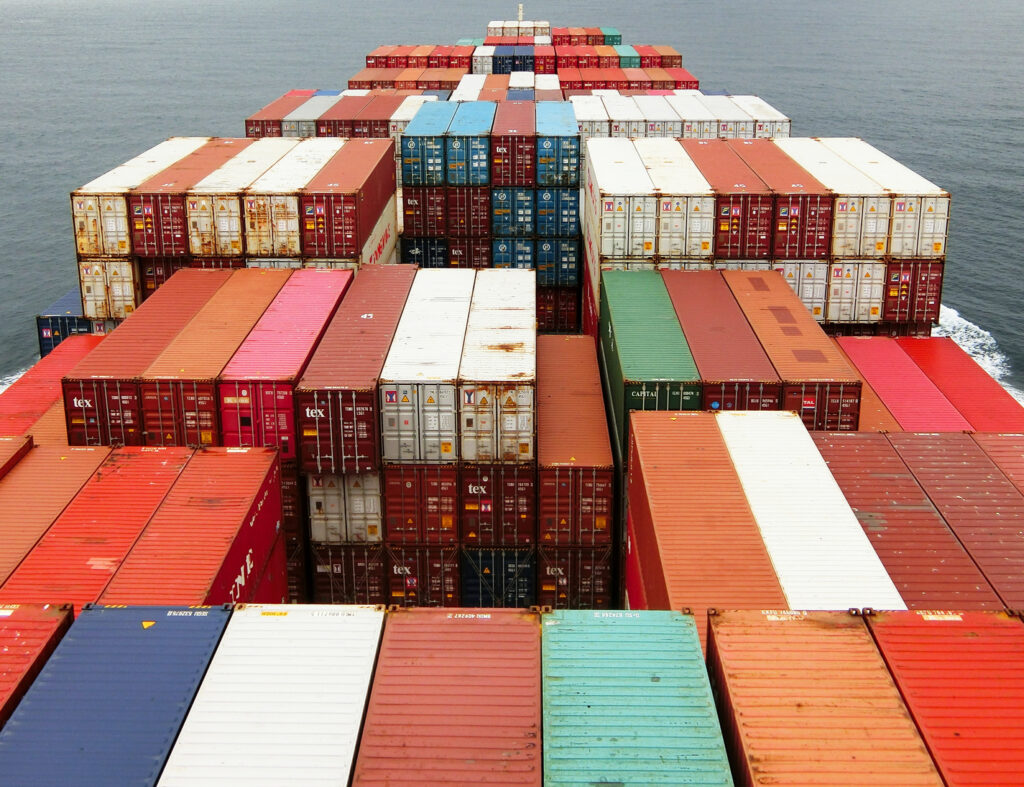
Black Friday is more than just an environmental concern. It encourages people to spend money they don’t have on things they don’t need, and it fuels mindless consumerism. Consumption is commonly used to describe the tendency of people living in a capitalist economy to engage in a lifestyle of excessive materialism centered on reflexive, wasteful, or conspicuous overconsumption. In other words, it is widely understood to contribute to the destruction of traditional values and ways of life, consumer exploitation by big businesses, environmental degradation, and negative psychological effects. For instance, increasing status anxiety is a condition in which people experience stress as a result of their social status and a perceived need to “keep up with the trends” by increasing their consumption.
Consumerism is frequently associated with globalization because it promotes the production and consumption of globally traded goods and brands that can be incompatible with local cultures and economic activity patterns. It can also encourage people to take on unsustainable debt, which contributes to financial crises and recessions.
Most importantly, consumerism is frequently associated with environmental problems, to the extent that consumer goods industries and the direct effects of consumption produce negative environmental externalities. These can include urban sprawl, pollution, resource depletion, and waste disposal issues caused by excess consumer goods and packaging.


We understand that the end-of-season sale model is deeply embedded in many brands, but we need forward-thinking companies to defy the Black Friday trend and empower people to choose quality over quantity instead. This vital contribution allows us to continue our work advocating for a transparent and accountable fashion industry in the future.
Many brands have spoken out against Black Friday and consumerism in general. Asket, a Swedish fashion brand, recognises Black Friday by closing its website and store, encouraging customers to learn about the impact of fashion rather than purchasing something new. To commemorate the occasion, Dutch wallet manufacturer Secrid is providing free repair services to customers. Meanwhile, upcycled bag brand Freitag closes its online store on Black Friday, encouraging customers to barter and trade their bags rather than buy new ones.
In recent years, at the end of November, a movement has emerged to try to invert the concept of Black Friday by proposing responsible and sustainable consumption. Green Friday promotes recycling, small local businesses, artisanal products, and thrift stores. In other words, the day is used to promote the circular economy and raise awareness about what we consume and throw away.
Spending consciously and intentionally is your eco-action step for this Black Friday and Cyber Monday period. If you truly need something, there are no second-hand options, and it is on sale, don’t feel bad about purchasing it. But don’t make any impulse purchases. If a “once-in-a-lifetime” sale entices you, step away for a few hours and consider whether you really need it. The time has come for a more powerful and joyful anti-consumerism. The recognition that we need to downsize our lifestyles for the environment.
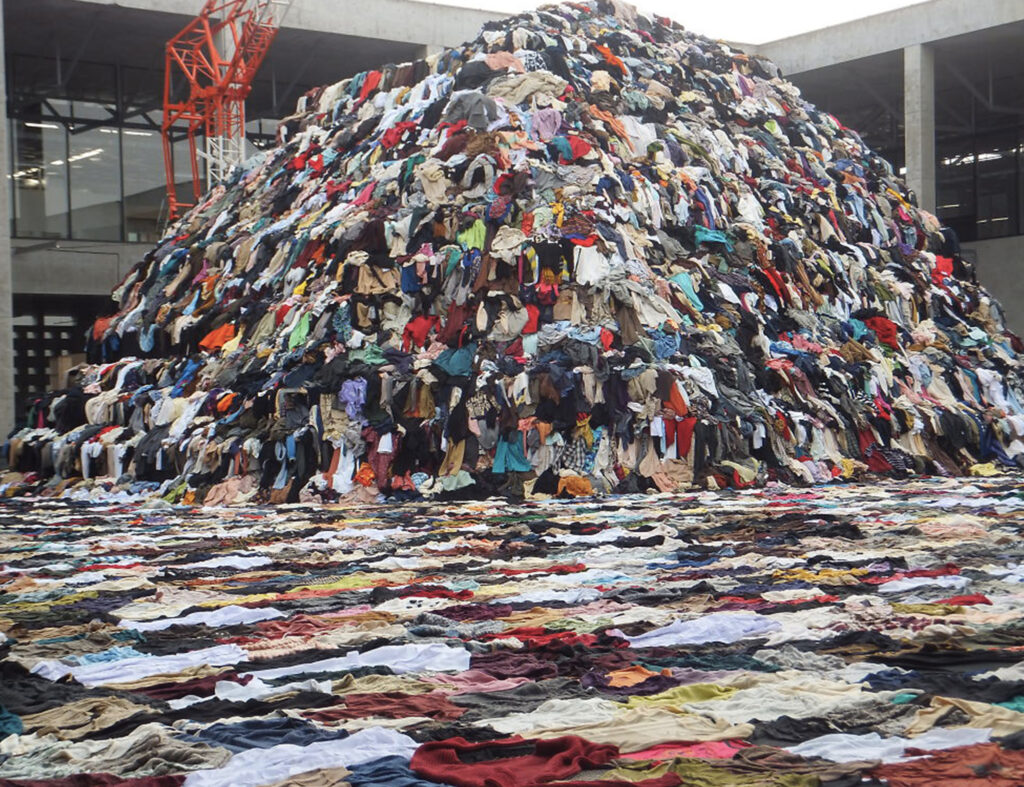
Written by Casey Chan @KixCasey




